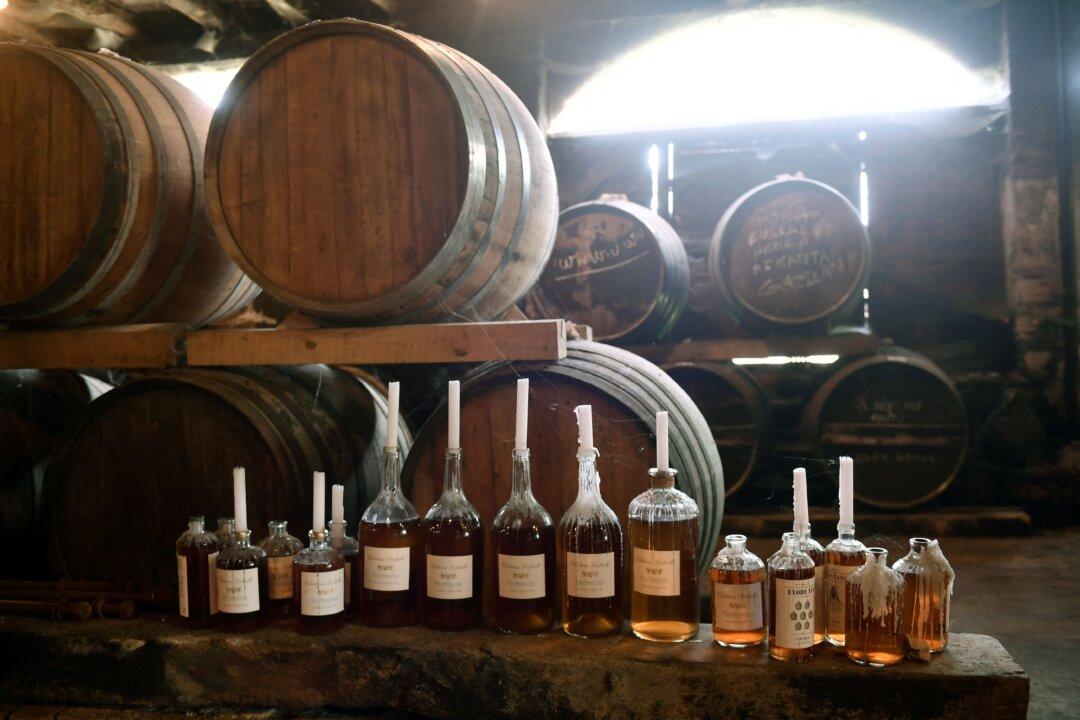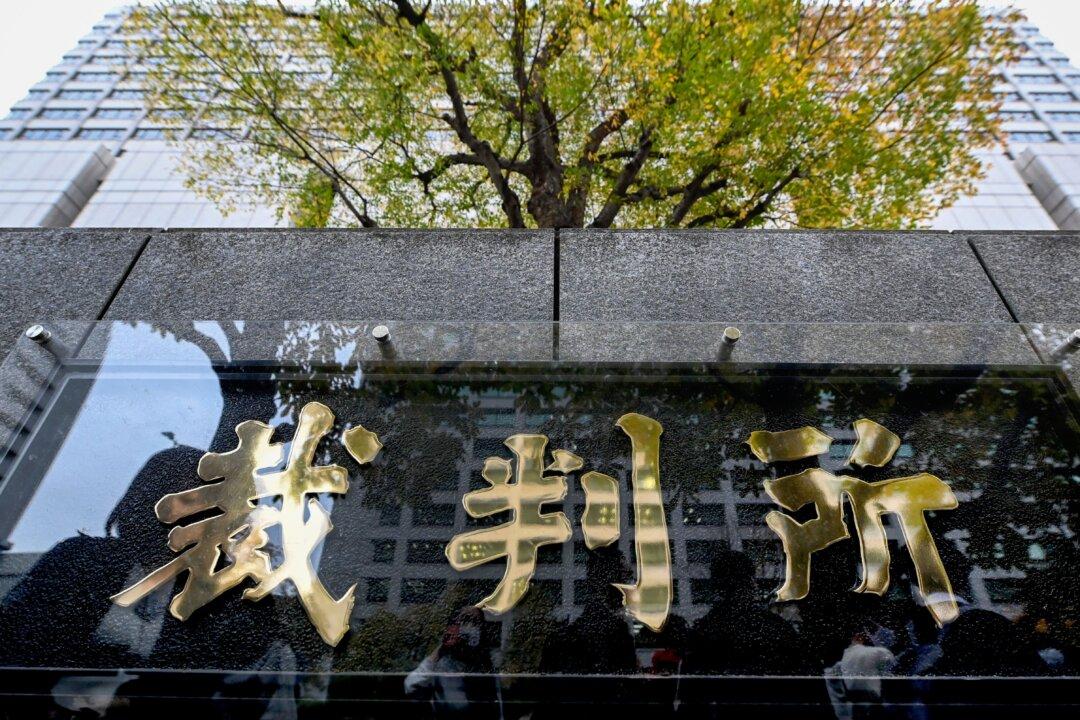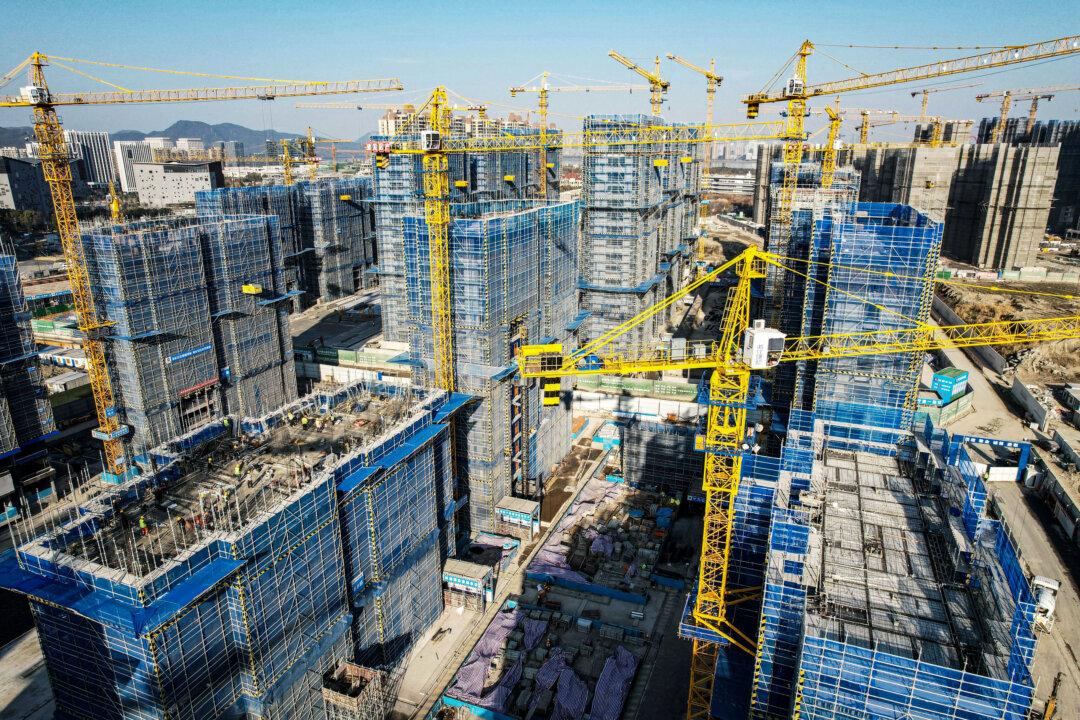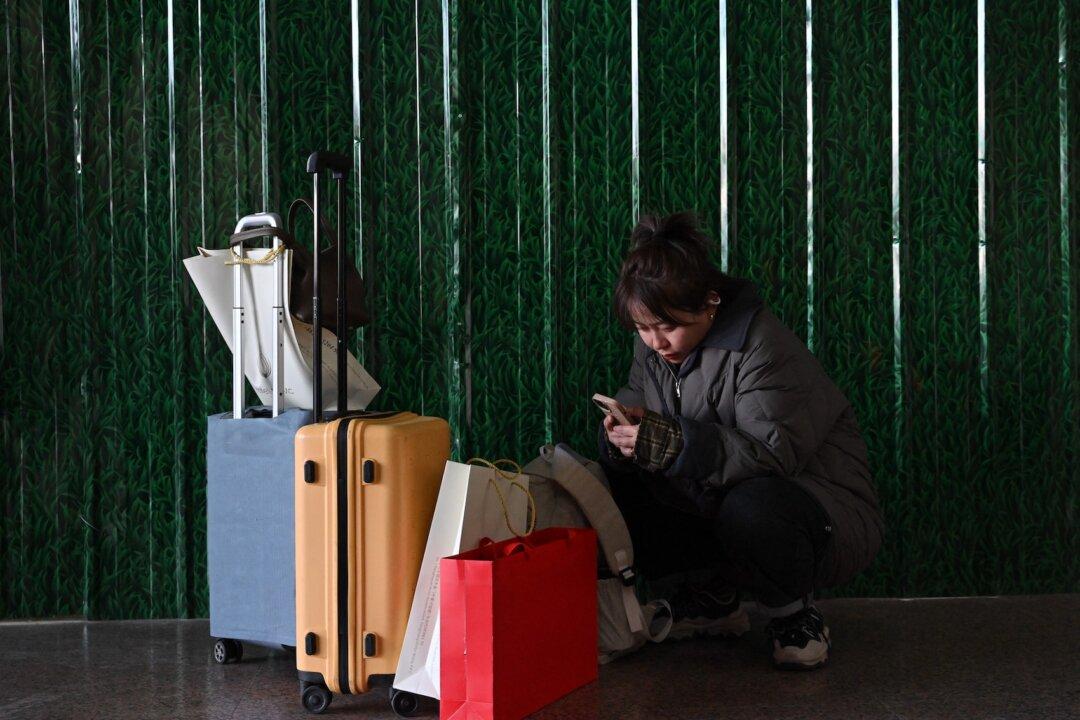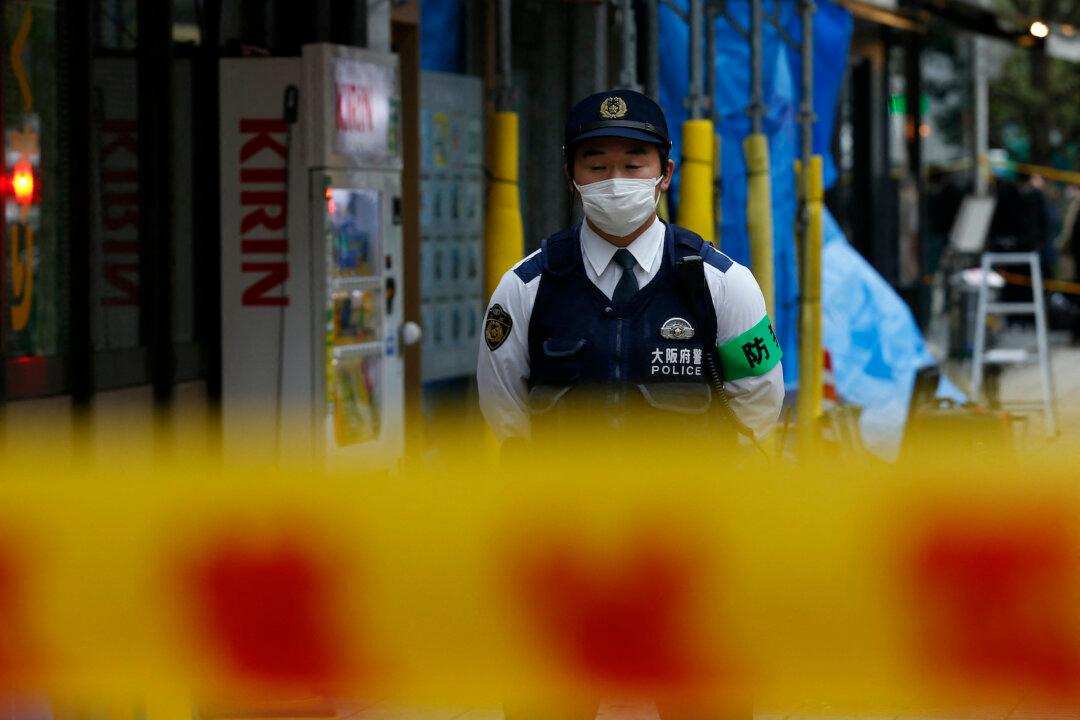Chinese authorities earlier this month initiated an anti-dumping investigation against brandy liquor imported from the European Union (EU), a move seen as a “tit-for-tat” response to an EU probe into Chinese subsidies for electric vehicles (EVs).
The European Commission pushed ahead with an anti-subsidy probe into Chinese EV imports in September, accusing China’s massive state subsidies of artificially depressing the price of EVs and accordingly distorting market competition.
